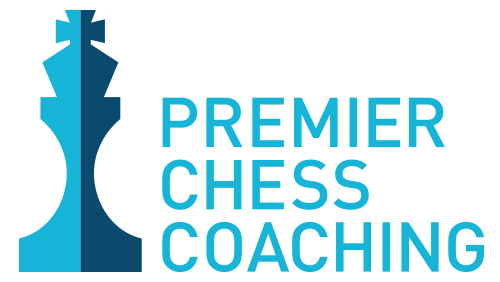In London’s vibrant educational landscape, schools are continually exploring ways to enhance learning while connecting students from varied backgrounds and abilities. Chess, with its deep roots in strategic thought, emerges as a standout choice for this mission. It combines cognitive engagement with social interaction in a manner that is universally beneficial, serving as a pillar of inclusivity within the city’s diverse educational settings.
Creating an Equal Arena in London’s Schools
Chess’s remarkable capacity to level the playing field shines brightly in London’s educational arenas. Every player, irrespective of background, is granted the same set of tools: one board, one set of pieces, and an equal opportunity for victory. This notion of fairness is particularly empowering for students who might otherwise feel sidelined in their school communities due to educational challenges, physical disabilities, or socio-economic circumstances. Chess illustrates that achievement is derived from the adept application of resources, strategic planning, and resilience in the face of challenges, highlighting the value of intellect and creativity over any pre-existing advantage.
Enhancing Self-Esteem and Social Skills
Chess participation has been shown to elevate self-esteem and improve social skills. It creates a space where success is directly tied to skill, strategy, and determination, allowing students of various talents to excel. Chess clubs and tournaments also promote a sense of community and belonging, which is essential for inclusive education. Through regular engagement, students develop respect for one another, celebrate achievements, and support each other through challenges, thereby boosting their emotional intelligence and empathy.
Accommodating Diverse Learning Styles
Chess’s inherent adaptability makes it an ideal fit for a broad spectrum of learning preferences and needs. Visual learners can grasp the game’s spatial dynamics, while those with a logical-mathematical inclination can delve into its intricate strategies and problem-solving aspects. Additionally, the game’s structured nature can offer a comforting routine for students requiring consistency, such as those on the autism spectrum, without stifling creativity and independent thought.
Motivating Engagement
Captivating students disengaged from conventional classroom activities is often challenging. Chess provides an enticing alternative, stimulating and rewarding in equal measure. Its competitive aspect can inspire students to delve deeper into the learning process, setting objectives and diligently pursuing them. For many, the sense of achievement from honing chess skills or securing a victory can foster a more positive educational outlook.
Conclusion
Chess transcends its role as a mere game in London, becoming a potent force for educational inclusivity across this dynamic city. By weaving chess into the curriculum or extra curricular clubs, educational institutions can make a significant stride toward a more inclusive setting where every student has the chance to flourish. As we advance in our quest for inclusive educational practices, the role of traditional games like chess in uniting students, imparting invaluable life lessons, and equipping them for a world that appreciates diversity, strategy, and resilience should not be underestimated.


